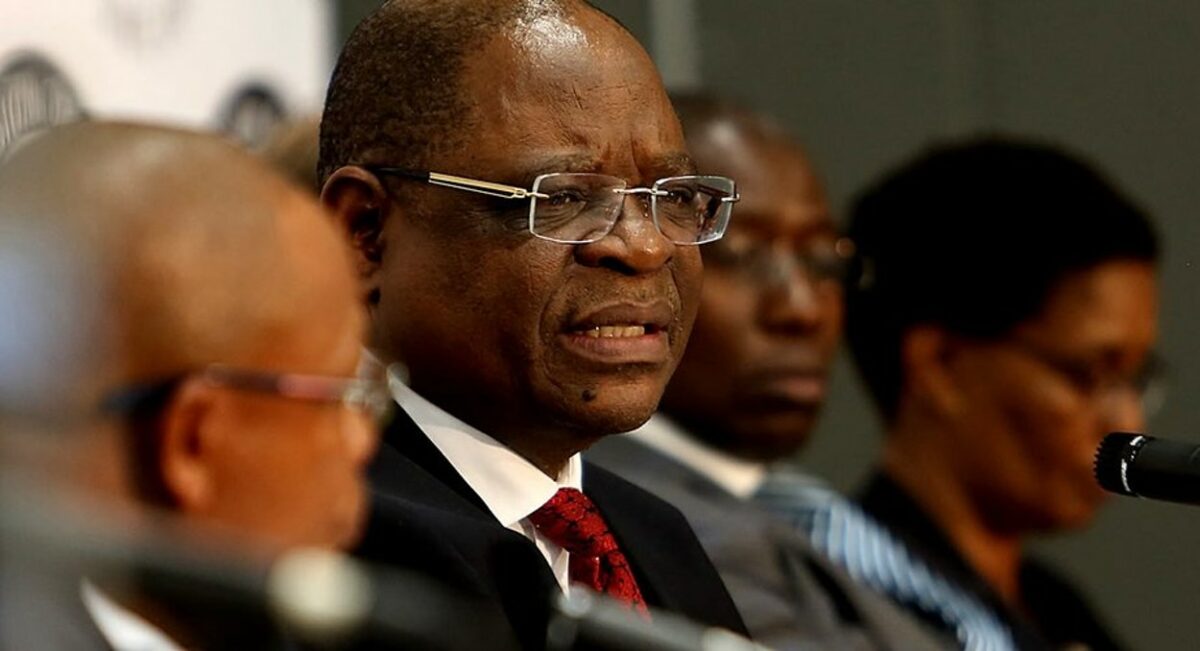Former President Jacob Zuma has long been accused of corruption, of “capturing” the state of South Africa and using it to benefit private interests during his tenure 2009 – 2018.
Failure to appear before the Commission and accusations of Bias
In January, Jacob Zuma attempted to postpone appearing before the Commission, stating he had ill health and that the Commission’s affidavit is “replete with factual inaccuracies”.
In September, Zuma failed to appear before the Commission, with the explanation that he was preparing for his upcoming criminal case. The Commission deemed this an insufficient reason to now show up to testify, and Justice Zondo issued a summons for Zuma to appear before the State Capture Commision.
Zuma and his lawyers demanded that Justice Zondo recuse himself from the case, claiming the judge was biased against him.
Justice Zondo refused to step down from the corruption investigation. A test for recusal would be an objective person having reasonable doubt that the judge could keep an open mind about the issues facing him. This is a tall order. Zuma’s team could not provide such evidence.
Zuma left State Capture Commission without being Excused
On Thursday 19 November, Justice Zondo expressed concern at how the former president simply left the State Capture Commission without being excused, and stated that the matter would not be taken lightly.
He stated “This is a serious matter…. He was going to be asked to take the witness stand and be questioned about various matters relating to matters we are investigating as a commission.”
The Commission Continues
Today, the “hearings of the Judicial Commission of Inquiry into Allegations of State Capture, Corruption and Fraud in the Public Sector including Organs of State”, continues. The Commission hears Denel related testimony from the former DLS Chief Executive Officer (CEO), Mr Stephan Burger. Yesterday the Commission heard from the Chief Executive Officer (CEO) of EOH Holdings Limited, Mr Stephen van Coller.
What Mr Zuma and his legal team will do going forward remains to be seen. Zuma has threatened to show up and not speak, which would be unlawful. If his legal team choose to take the matter of demanding that Justice Zondo recuse himself, to the High Court, it could delay and drag the proceedings.
The Importance of Anti-Corruption
Chairs of Commissions are actively involved in evidence collection, they do not simply sit back while lawyers present evidence of their choice. They also are not the ones who make binding rulings. Rather, they give advice to the office which created them. The advice has no direct effect on those implicated in the hearings. Recusal cannot be based on investigative evidence which makes a defendant “look bad”.
With Jacob Zuma leaving the Commission without permission and attempting to discredit the chair Justice Zondo, he undermines this vital institution’s work for ending corruption in South Africa, a process the country desperately needs. We will watch this space.

